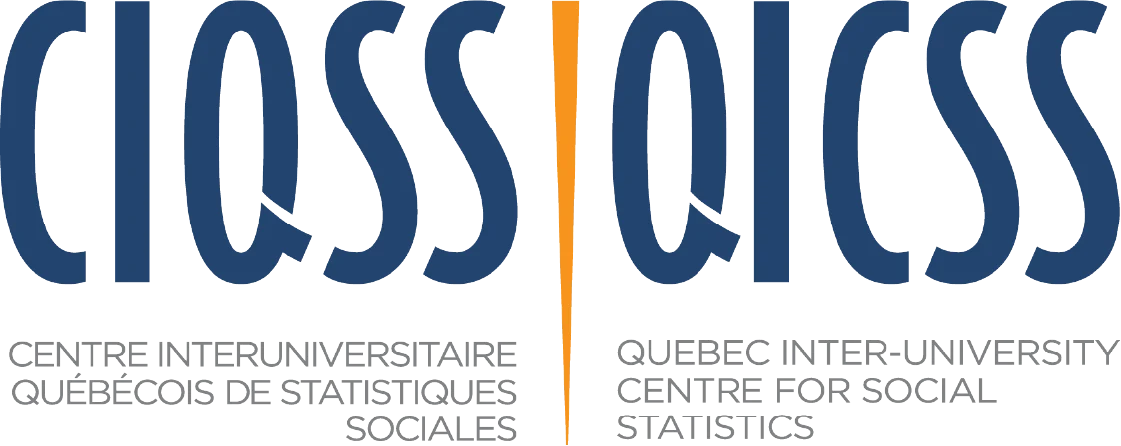Responsible conduct of research
What is a responsible conduct of research?
Responsible conduct of research encompasses a set of ethical principles and practices that guide researchers throughout their scientific careers. At the QICSS, we adhere to the principles that constitute the core of the Fonds de recherche du Québec’s (FRQ) policies and those of the three federal granting agencies (SSHRC, CIHR and NSERC). We consider these principles to be vital to the preservation of scientific integrity, public trust and the promotion of research of high quality.
Our commitment to responsible conduct of research translates into clear and rigorous guidelines. We see to it that the members of our research community respect confidentiality agreements, diligently protect sensitive data, and use these data only for legitimate research purposes.
A responsible conduct of research carried out with confidential microdata
In addition to our commitment to responsible conduct of research, we wish to highlight the importance of this approach in the specific context of work conducted utilizing Statistics Canada confidential microdata. Working with such data requires a particular framework for responsible and ethical conduct, given the sensitive and confidential nature of the data. Here are some of the specific guidelines that govern the QICSS’s research community:
Respecting agreements and protocols
At the QICSS, we feel that adherence to the confidentiality agreements and the protocols established by Statistics Canada for access to and use of confidential microdata is of fundamental importance. This means that every researcher must adhere to the conditions regarding security and confidentiality stipulated in their research contract. Each must assume personal responsibility to behave in an ethical manner and in a manner that is in conformity with the rules set out by Statistics Canada.
Data security
In order to guarantee the protection of confidential microdata, the QICSS has implemented Statistics Canada’s advanced security protocols. We commit ourselves to maintaining a secure environment, in order to eliminate any risk of unauthorized disclosure.
Consent and confidentiality
Our commitment to confidentiality remains unshakeable. Confidential microdata are processed by Statistics Canada with the greatest of respect for individuals’ privacy, using advanced anonymization techniques.
Responsible use and scientific integrity
We encourage our researchers to maintain the highest standards of scientific integrity. This means conducting research that is transparent, honest and rigorous, and that avoids any manipulation or falsification of data.
Ethical collaborations
Research is often the product of collaboration between different individuals and institutions. We encourage collaboration carried out in an ethical manner, based on mutual respect and fair recognition of all contributions. This fosters a diversity of perspectives, stimulates innovation and contributes to the resolution of complex problems.
Transparency and communication
Transparency in the handling of microdata is essential. We encourage researchers to communicate clearly about their methodological choices, the potential limits of their work and the findings obtained, all while adhering to confidentiality requirements. As well, they must divulge their methods, protocols, sources of funding and potential conflicts of interest in a transparent manner. This will allow their peers, and the public at large, to understand and weigh the merits of the research process.
Training and raising awareness
The QICSS’s research community must be trained in the use of practices appropriate for work with confidential microdata. Enhancing awareness of the importance of the confidentiality of data, and of research ethics, is crucial. We believe in the importance of continuing efforts to raise awareness in order to maintain high standards.
Social responsibility
The QICSS’s researchers must be conscious of the potential impact of their research on society, and take into account the ethical and social implications of their work. When confidential microdata are utilized in accordance with the principles of the responsible conduct of research, they can yield information that is vital for informed decision making, the formulation of effective policy and a deeper understanding of complex social issues.
By adhering to these guidelines, the QICSS’s research community contributes to establishing an ethical, trustworthy and respectful research environment, thus fostering public confidence in scientific research and in its findings.


